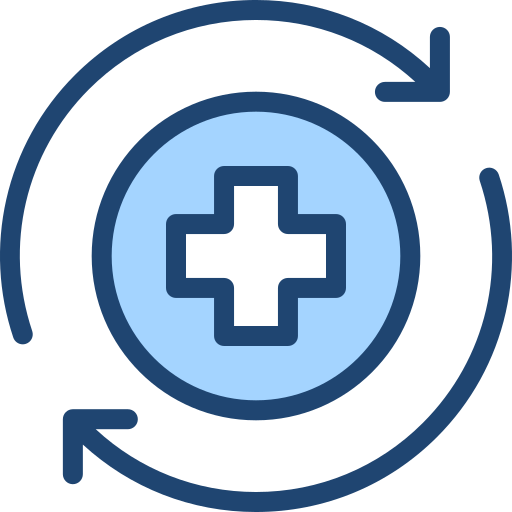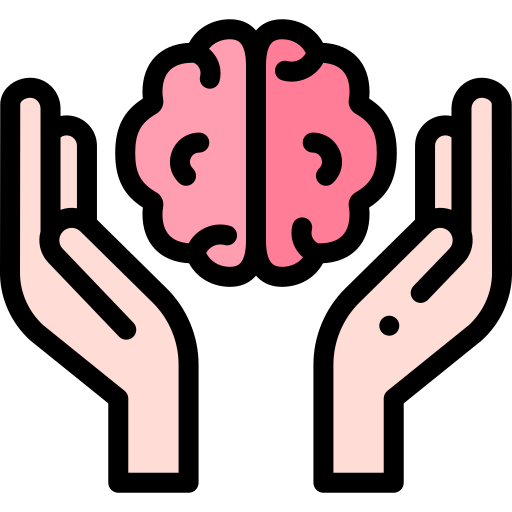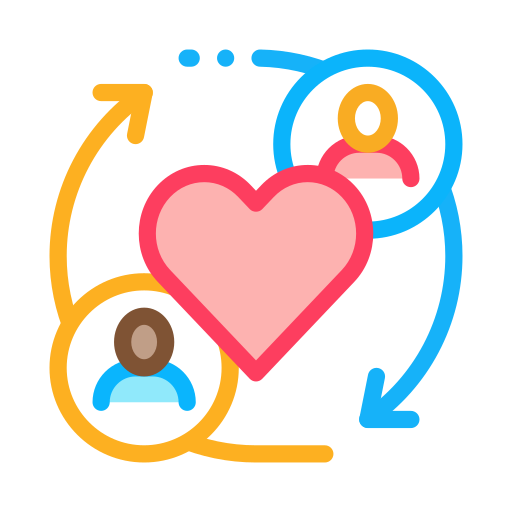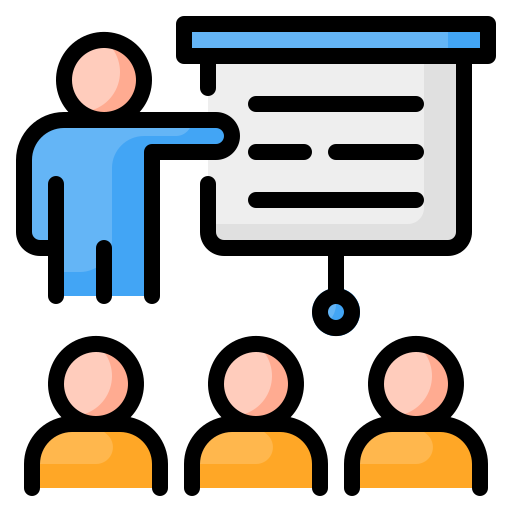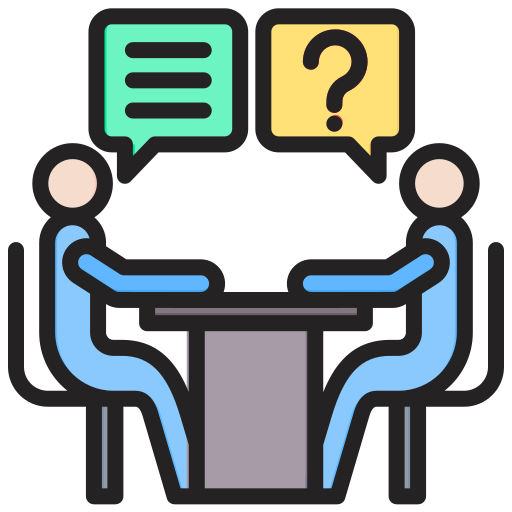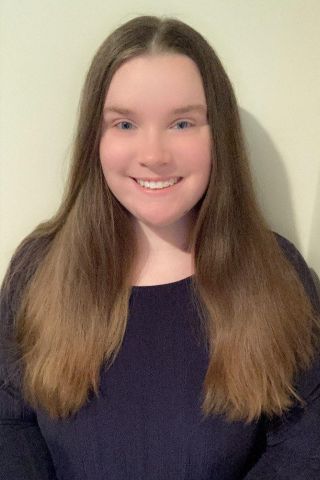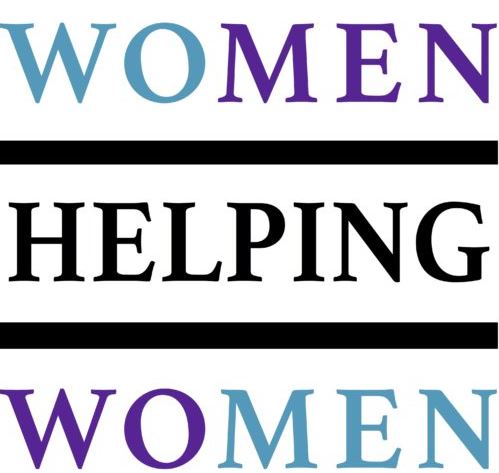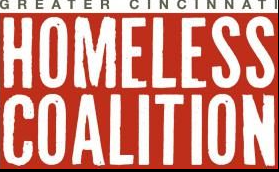Portrait of an Abuser by "Anita"
A SNAP participant shares her experience:
Narcissistic abuse is a particular style of abuse used by manipulative, abusive, exploitative and predatory people, groups and organizations.
Because they're so good at deceiving themselves and others, such abusers are rarely diagnosed with Narcissistic Personality Disorder or related conditions. That's why it's helpful to understand the traits and patterns of abusive personalities.
Exaggerated Self-Importance
Narcissistic abusers cultivate a highly inflated notion of their own importance. Sometimes they come across as arrogant and grandiose. Other times the abuser seems shy, vulnerable, even self-sacrificing—on the surface. Beneath either facade lies a fragile self esteem and insatiable need for admiration, also called narcissistic supply.
Unstable Core
Narcissistic abusers can seem hard to pin down because they don't have a stable, consistent core character—at least, not like people without these disordered patterns. That's why narcissistic abusers seem to mirror the interests, values, and traits of whoever they're with—then shift on a dime.
No Boundaries, No Separation
Narcissistic abusers see people close to them as literal extensions of them. They cannot tolerate or even fully grasp the notion of other people—especially their partners—having boundaries (or opinions, or habits or values) all their own.
Put simply, narcissistic abusers feel like they “own” those close to them. They can't stand being told “no,” and they'll cross seemingly any line to exert control. Because you are “theirs,” they expect you to conform your behavior—even your thoughts and feelings—to their preferences.
Lack of Empathy
It's not that narcissistic abusers don't perceive or understand other people's feelings—in fact, they're often keenly aware of both how people feel and why.
The difference is they literally just don't care. Sure, they may sometimes—even often—act like they care, but only when they have something to gain (or lose). Usually they're trying to preserve their image, a relationship with a person or group, and/or access to material resources.
Narcissistic Supply
If admiration is harder to come by, negative emotions will also serve as narcissistic supply. This explains why the abuser seems hell-bent on pushing your buttons. Your tears, anger, and fear—any intense emotion—provides proof of their importance.
Narcissistic abusers have created grand, elaborate false narratives about themselves. By constantly pursuing multiple sources of narcissistic supply, they try to convince themselves that they're either worthy of extreme admiration or capable of great mayhem.
Elements of Narcissistic Abuse
Love-bombing
Narcissistic abusers idealize their targets at first. They shower you with attention, compliments and gifts, all the while reflecting back whatever they happen to like about you.
This can feel euphoric and amazing—like you finally met your soulmate!
The problem with people idealizing you is that (sorry to say) you're not perfect. No one is. Soon enough, they realize you're not going to save them from their own issues through constant, unconditional, and exponentially growing admiration. At that point, buckle up.
Devaluation
At some point, you'll commit the grave sin of noticing their flaws. Also, no matter how tolerant and permissive you are, you won't let them treat you however they want. This is when devaluation begins.
At this point, they'll scorch you when you happen to make normal, human mistakes. But they'll diminish and ridicule your successes too. After all, you're supposed to be the supporting player in their grand show.
Before long, you're navigating wild accusations and explosive emotions. They'll try to bait you into an outburst of your own—so they can label your reaction “abuse” or “instability” or whatever suits their new narrative.
You slowly change how you speak, act, and even think—all to avoid trouble and appease them. They often isolate you from friends, family, and anyone they perceive as a threat. Eventually, you hardly recognize your life—or even the person you've become.
It all happens gradually. They confuse, gaslight, and isolate you, while sprinkling in moments of kindness and grace to remind you of those happy early days and keep you hopeful. Above all, they manipulate you into thinking you've brought the abuse upon yourself, and maybe—if you do as they say—you can fix it.
Discard
During devaluation (well ok, always), narcissistic abusers tend to seek out and groom alternative fuel sources. Once they've secured a viable replacement, they often bail—sometimes suddenly.
Maybe they see they've pushed you too far, so they leave first to avoid rejection and abandonment. Usually, you find out they've also been smearing you, spreading false stories about how they're the victim and you're the unstable, unfaithful abuser.
Meanwhile, you've been trauma-bonded to this person. Even when you desperately want to be free of the relationship, this style of abuse can lead to severe separation anxiety after discard (or escape).
Effects on Survivors
Fear and Fawning
Because they are master manipulators, narcissistic abusers often succeed in making you feel fearful, guilty and obligated to them. They literally train you to appease them, and this leads to people-pleasing (or fawning) tendencies at home, at work and in other relationships—especially if you feel threatened.
Shame and Low Self Worth
After prolonged narcissistic abuse, you may have learned to make yourself smaller, dimming your own light to avoid the consequences of contradicting or outshining the abuser. Abusers do their best to shame you into accepting the false narrative that you're not worthy of love or success, or even that you somehow caused or deserved their abuse.
PTSD
You may experience symptoms of post-traumatic stress, including insomnia, hyper-vigilance (feeling constantly on edge and unsafe), depression, anxiety and addictive behavior.
Even after you've gone no-contact and educated yourself about narcissistic abuse, these feelings and symptoms can persist for months, even years. This is why it's so important to seek out proper support, and why therapy and S.N.A.P. coaching can help so much.
Steps to Recovery
Shortly after I broke (mostly) free of my abusive relationship, a fellow survivor told me about Narcissistic Personality Disorder and related conditions. I began reading about this style of abuse, and it blew me away to discover an underlying pattern beneath all that chaos, confusion and misery!
I also found Clermont Mental Health, a trauma-informed therapy resource in my area that specializes in helping survivors of narcissistic abuse.
Therapy
When I started therapy sessions through Clermont Mental Health, I felt like I already had a PhD in narcissistic abuse. I'd read all about the tactics abusers use and why, as well as their effects, and how to address them. My therapy sessions helped me stop over-analyzing my abuse and recovery. Through one-on-one sessions, I learned that I couldn't think my way out of trauma. I also found out that it's safe and even necessary to actually feel my feelings. Through trauma-informed talk therapy, I figured out how to recognize and release the lingering effects of trauma so I could integrate all the great stuff I've learned into my life. Clermont Mental Health counseling services helped me recognize and work through internalized shame, fear-based patterns, and repressed anger. I'm not sure it's possible to overestimate the healing power of sharing your story in a non-judgmental space with someone who understands and knows how to help. If you believe you have been affected by an abusive relationship, you should consider checking out the services available at Clermont Mental Health. Their specialized practitioners can diagnose and treat mental health issues, assist and support you during your recovery. -"Anita"






